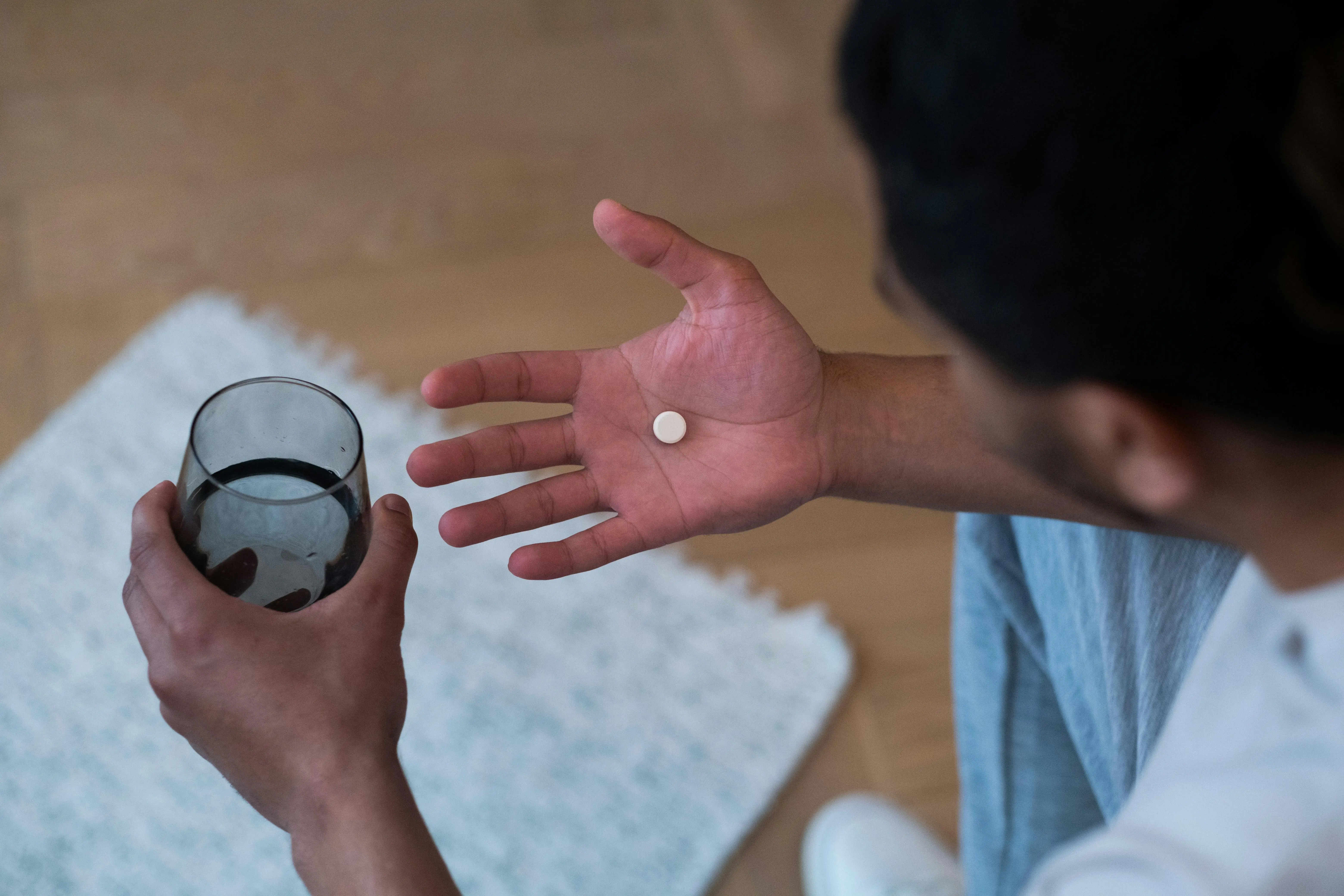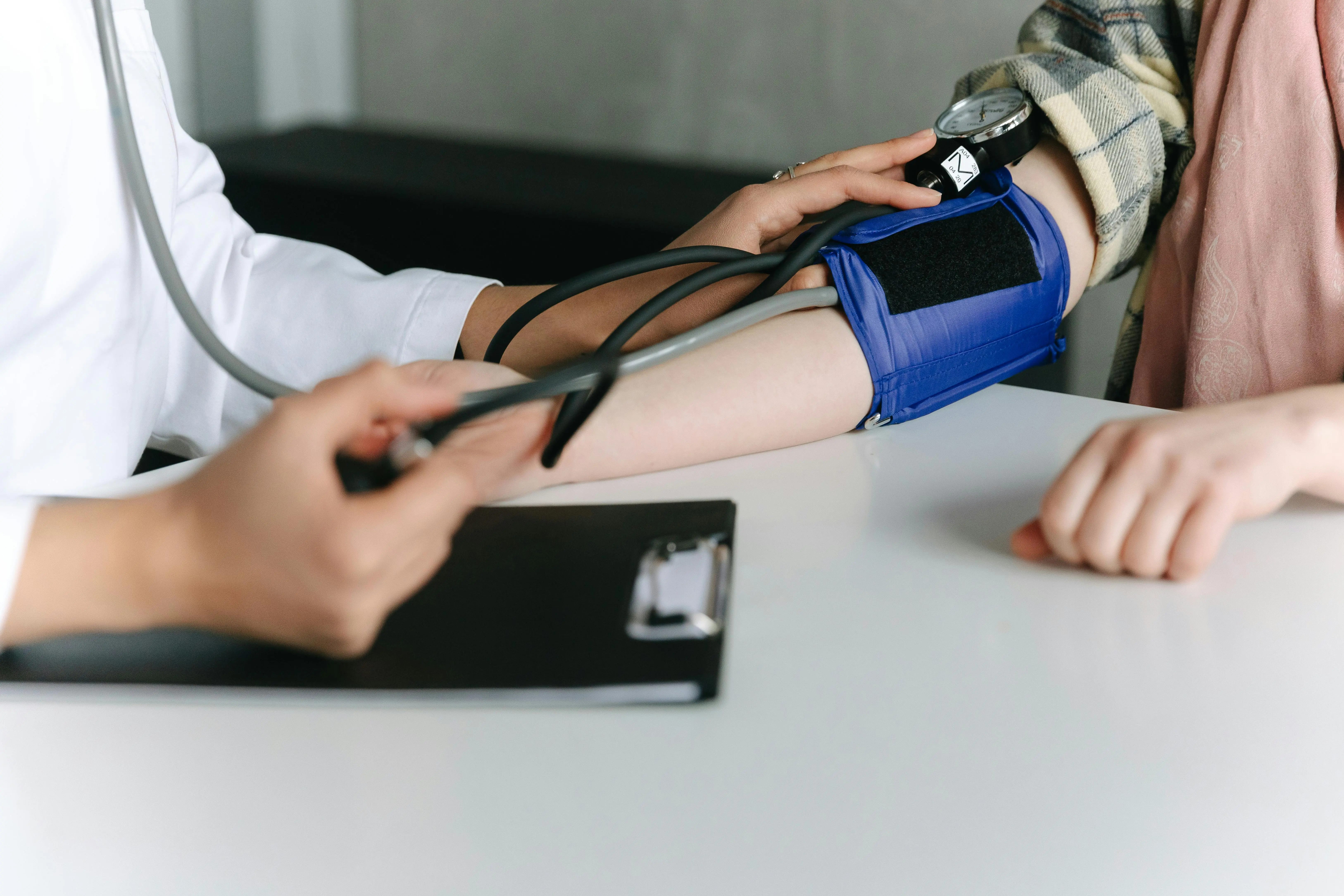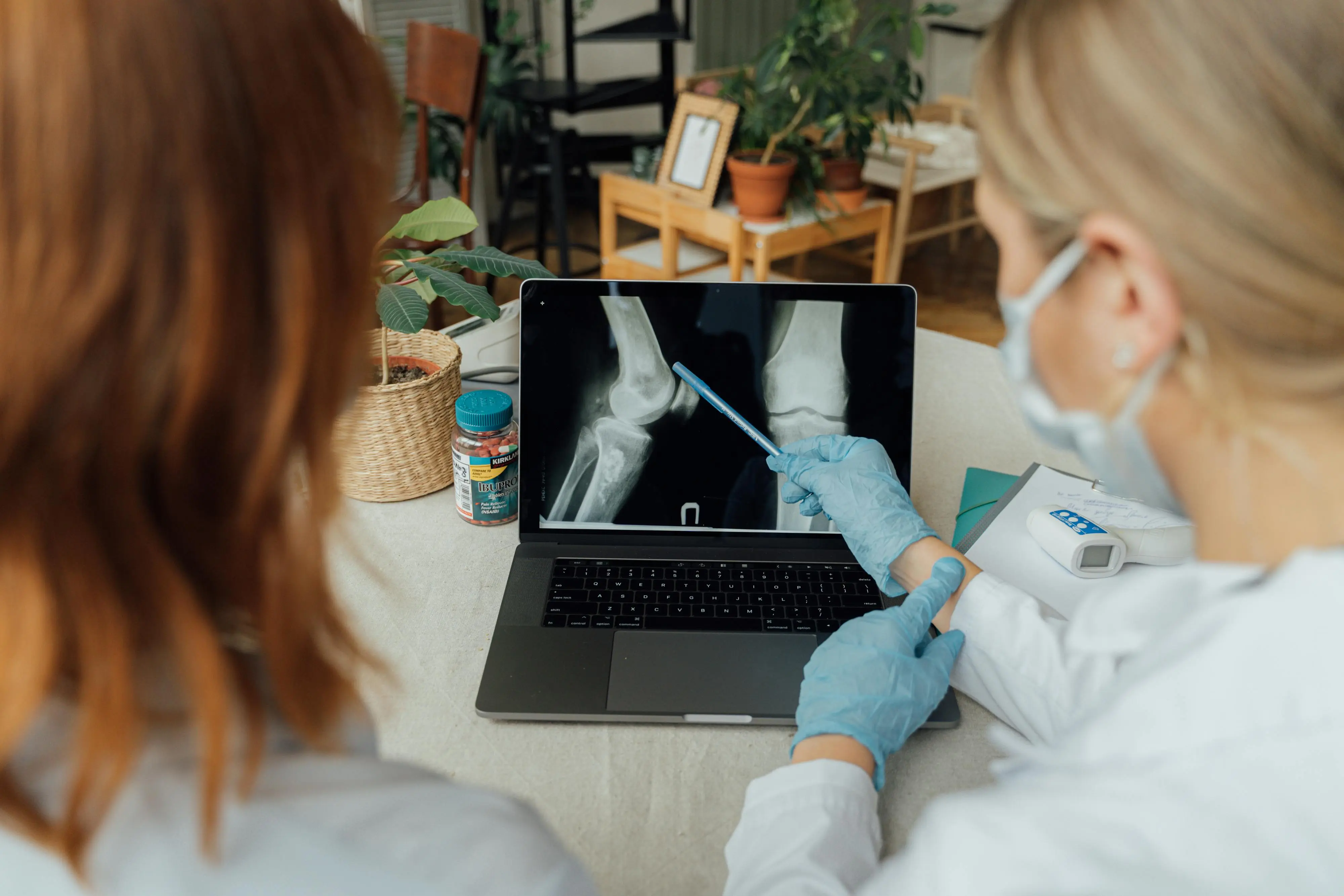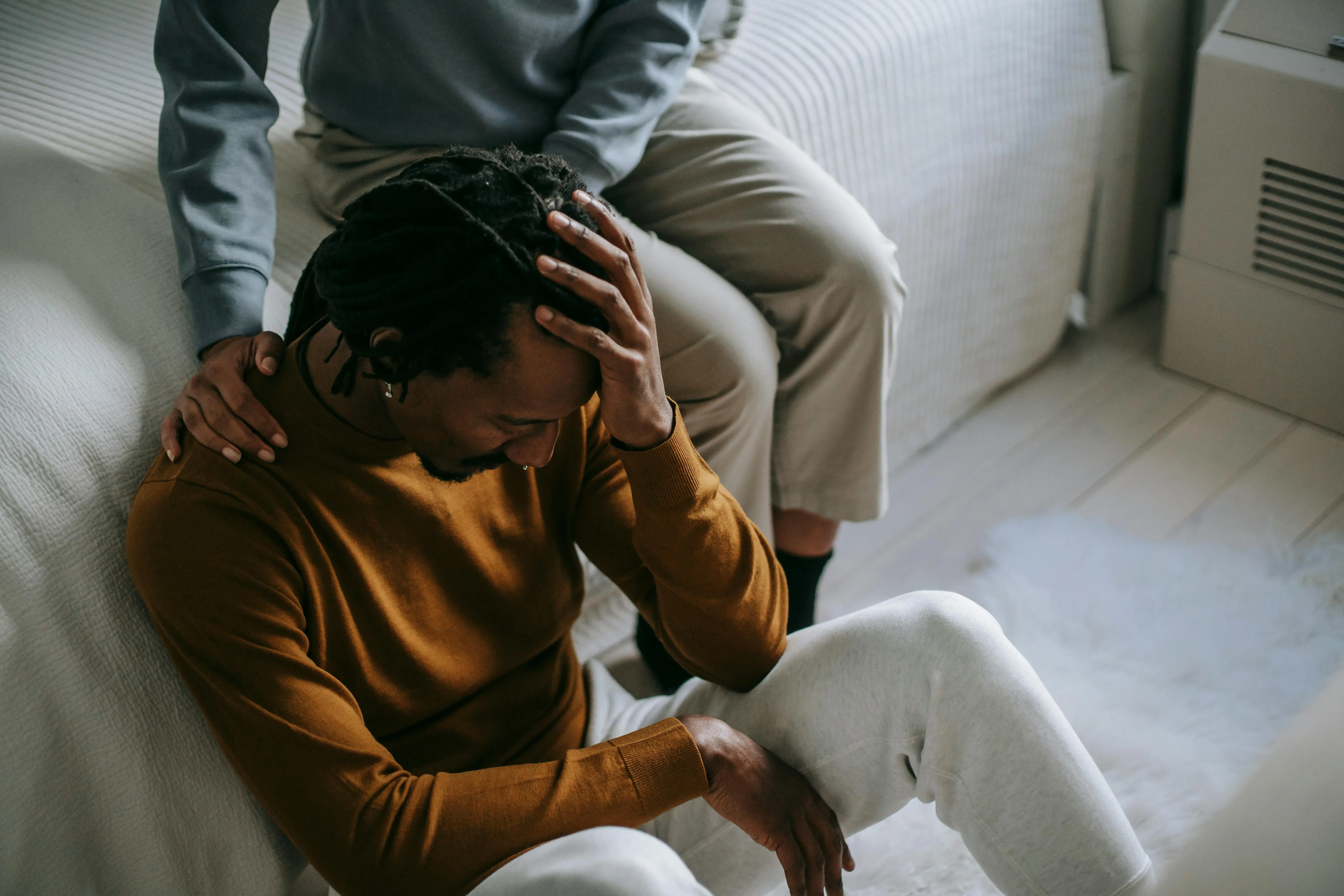The best time to take anxiety medication
July 16, 2025

There are a variety of anxiety medications available, and because they work differently, it can be confusing to figure out when you should take these treatments to achieve the best effect. This post will explore when it’s recommended to take some common types of anxiety medication.
Please note that the below information is not medical advice. Always seek guidance from a healthcare professional if you have any questions or concerns about your health or treatment.
Antidepressants
Some antidepressants are used to treat anxiety. A couple of types of antidepressants that are commonly used for anxiety are:
Selective serotonin re-uptake inhibitors (SSRIs)
Common examples: Lexapro, Prozac, Zoloft
SSRIs work by increasing the amount of available serotonin in the brain, which is a hormone that is active in producing feelings of happiness, as well as in other processes such as learning, memory, and the regulation of body temperature and sleep.
Serotonin-norepinephrine re-uptake inhibitors (SNRIs)
Common examples: Cymbalta, Fetzima, Effexor
Similar to SNRIs, work by increasing the available amount of serotonin as well as another hormone, called norepinephrine, in the brain. Norepinephrine has effects on attention, arousal, and alertness.
Tricyclic antidepressants
Common examples: Elavil, Anafranil, Aventyl
Tricyclic antidepressants work in the same way as SNRIs, by increasing the available amount of serotonin and norepinephrine in the brain.
Although they were initially developed and prescribed for use in patients with depressive conditions, they have been used for a long time to treat other conditions, including anxiety.
When is the best time to take antidepressants?
The best time to take these medicines will depend on how it affects you. Some people find that it makes them sleepy, and so it might be best to take it in the evening. For others, they find it makes sleeping harder, so it’s better to take in the morning.
Other anxiety medications
Hydroxyzine
Common examples: Atarax, Vistaril
Hydroxyzine is a type of medication called an antihistamine. It’s unclear exactly how certain antihistamines may work to improve symptoms of anxiety. Primarily, antihistamines block the action of a hormone called histamine which is involved in the processes that produce allergic reactions and result in symptoms such as itchiness and rash.
It is thought that antihistamines may also have some effect on the amount of available serotonin in the brain, and may at some level decrease activity in the brain, and these effects may explain why certain antihistamines are effective at reducing anxiety.
The best time to take hydroxyzine may be at night time, since it is also commonly prescribed to treat people who are having trouble sleeping, as it can make people feel tired. However, it does affect everyone differently, so it’s important to listen to what your healthcare professional and your own body are telling you.
Beta blockers
Common examples: Propranolol (Hemangeol, Inderal, Inderal, InnoPran) Atenolol (Tenoretic, Tenormin)
Beta blockers are a type of medication that inhibit the effects that certain hormones which are active when we’re mentally or physically stressed may have on the body. Although they are primarily used to treat heart conditions, they are sometimes used to treat symptoms of anxiety, like increased heart rate, sweating, and trembling, which can also occur in POTS and anxiety.
Because they are used to reduce some of the more acute physical symptoms of anxiety, it may be best to take beta blockers for anxiety in the morning, so that the effects are most prominent throughout the day. However, in the beginning it may be recommended that you take them at night, since some people say these medicines make them feel dizzy or tired.
Benzodiazepines
Common examples: Xanax, Ativan, Valium
Benzodiazepines work by increasing the effects of GABA, a chemical in the brain that is active in producing feelings of rest and calm. GABA decreases activity in the brain, which may reduce feelings of stress and anxiety. These treatments are also often used to treat sleep problems because they can bring on feelings of drowsiness.
Because these medications can impact the ability to stay alert and awake, they are not recommended to take before operating machinery or vehicles, at least until the way the medication affects you becomes clear to your healthcare professional.
There are also different types of benzodiazepines – some are short-acting, meaning they start working quickly, whereas intermediate- or long-acting benzodiazepines start working after a couple of hours. So, short-acting benzodiazepines may be best to take at night, since they can bring on drowsiness quickly.
Overall, most anxiety medications can be taken in the day or during the night, depending on how the medication affects you and your symptoms. Ultimately, you should consult your healthcare professional about when the best time to take your medication will be. Staying consistent with your routine is key, and using a pill tracker app can help. These tools let you set reminders, log doses, and track any side effects, making it easier to notice patterns and share accurate updates with your healthcare provider.
To make this process easier, consider using a medication tracker. It can help you log doses, note side effects, and see patterns over time, making it easier to share accurate information with your healthcare provider and stay consistent with your treatment.
Resources
This is a div block with a Webflow interaction that will be triggered when the heading is in the view.










.jpg)





.png)

